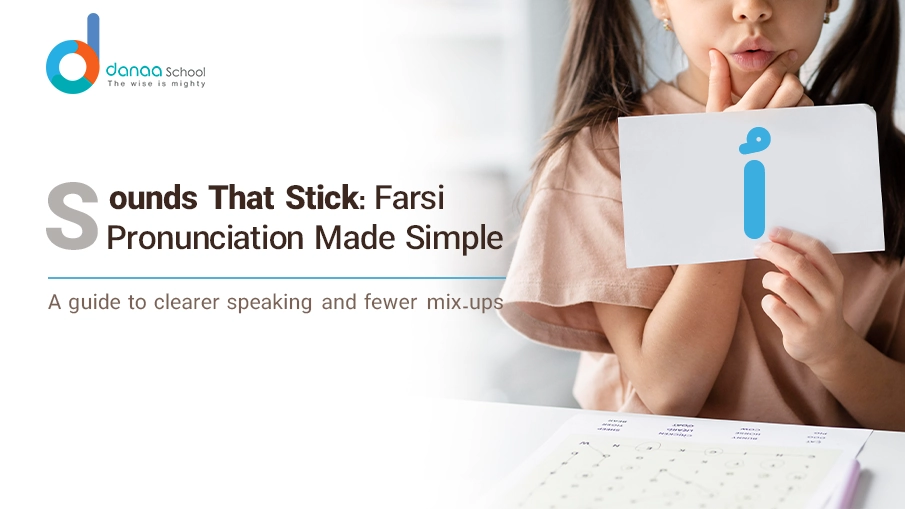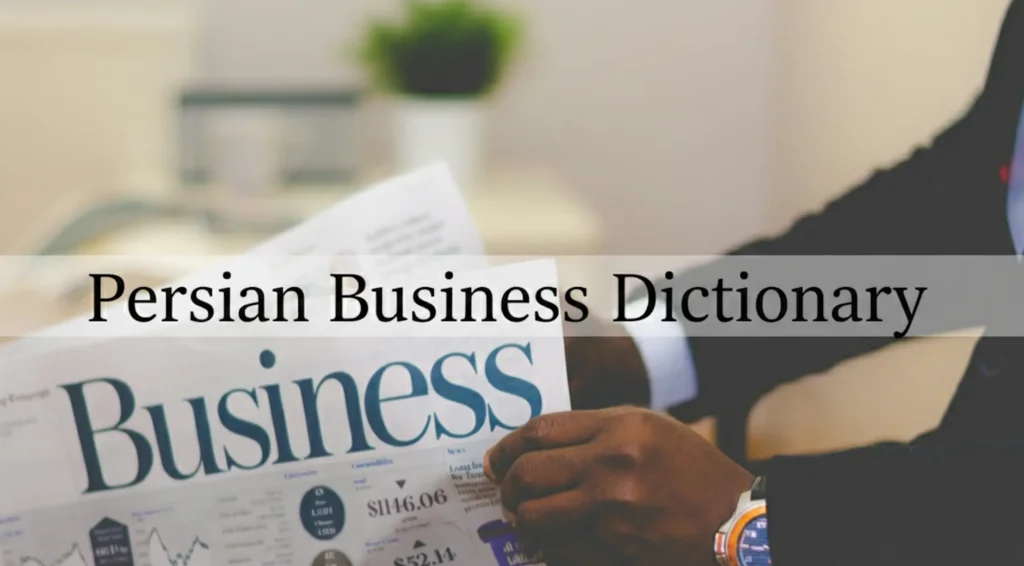Farsi Pronunciation Guide: Avoid Common Mistakes and Speak Confidently
Farsi Pronunciation Guide is essential for anyone who wants to speak Persian clearly and naturally. While Farsi grammar is relatively simple, pronunciation is often the biggest challenge for learners. Small differences in vowel length, consonant sounds, or stress can completely change the meaning of a word.
This Farsi pronunciation guide is designed to help beginners and intermediate learners avoid common mistakes, understand Persian sound patterns, and gain confidence in real conversations. With consistent practice and correct guidance, accurate pronunciation becomes achievable for every learner.
Why Farsi Pronunciation Matters
Correct pronunciation is the foundation of effective communication in Persian. Even if your vocabulary is strong, unclear pronunciation can lead to misunderstandings or confusion. Persian listeners rely heavily on vowel length and sound clarity to understand meaning.
For example, changing a short vowel into a long vowel can transform the meaning of a word entirely. This is why a structured Farsi pronunciation guide is crucial for learners who want to sound natural and be easily understood.
Common Farsi Pronunciation Mistakes
One of the most common pronunciation problems in Persian is confusing similar sounds. Persian contains consonants that do not exist in English, such as خ (kh) and ق (q). Learners often replace these sounds with familiar English alternatives, which affects clarity.
Another frequent issue is vowel length. Persian distinguishes between short vowels and long vowels, and failing to hold long vowels long enough can make words sound incorrect or unclear. Paying attention to vowel duration is a key principle in every effective Farsi pronunciation guide.
Stress placement is another area where learners struggle. Persian stress patterns are more predictable than English, but ignoring stress can still make speech sound unnatural. Listening carefully to native speakers helps internalize correct rhythm.
Understanding Persian Sounds and Letters
Persian pronunciation is closely tied to the written script. Each letter generally corresponds to a sound, and Persian has no silent letters. This consistency is an advantage for learners once the sounds are mastered.
However, some letters share the same pronunciation despite having different written forms. This can confuse beginners, but pronunciation itself remains stable. A clear Farsi pronunciation guide focuses on sounds rather than spelling differences.
Practicing pronunciation while reading aloud helps learners connect written words with spoken sounds. This approach strengthens reading fluency and speaking confidence at the same time.
How to Practice Farsi Pronunciation Effectively
Improving pronunciation requires consistent and active practice. Passive listening alone is not enough. Learners should repeat words aloud, record themselves, and compare their pronunciation with native speakers.
Using a reliable Farsi pronunciation guide helps learners focus on the most important sounds first. Practicing short daily sessions is more effective than long, irregular study periods.
Speaking slowly at the beginning allows you to control vowel length and articulation. As confidence grows, speed and natural rhythm will develop naturally.
Building Confidence Through Pronunciation
Many learners hesitate to speak Persian because they fear making pronunciation mistakes. This is normal and part of the learning process. Confidence grows when pronunciation improves through guided practice.
A strong pronunciation foundation helps learners participate in conversations, understand native speakers more easily, and enjoy the language learning journey. This is why pronunciation should never be treated as secondary.
Following a structured Farsi pronunciation guide ensures that mistakes are corrected early before they become habits that are difficult to change.
Learn Farsi Pronunciation with Danaa School
If you want to improve your Persian speaking skills, mastering pronunciation is the first step. At Danaa School, learners receive guided pronunciation practice with native instructors who focus on clarity, accuracy, and confidence.
Danaa School combines structured lessons, real-life speaking practice, and cultural context to help learners progress naturally. With the right guidance, Farsi pronunciation becomes clear, confident, and enjoyable.
Frequently Asked Questions
Is Farsi pronunciation difficult for beginners?
It can be challenging at first, but consistent practice and proper guidance make it much easier over time.
How long does it take to improve pronunciation?
Most learners notice clear improvement within a few months of regular practice.
Do I need a teacher to learn Farsi pronunciation?
While self-study is possible, guided instruction significantly speeds up progress and prevents long-term mistakes.









